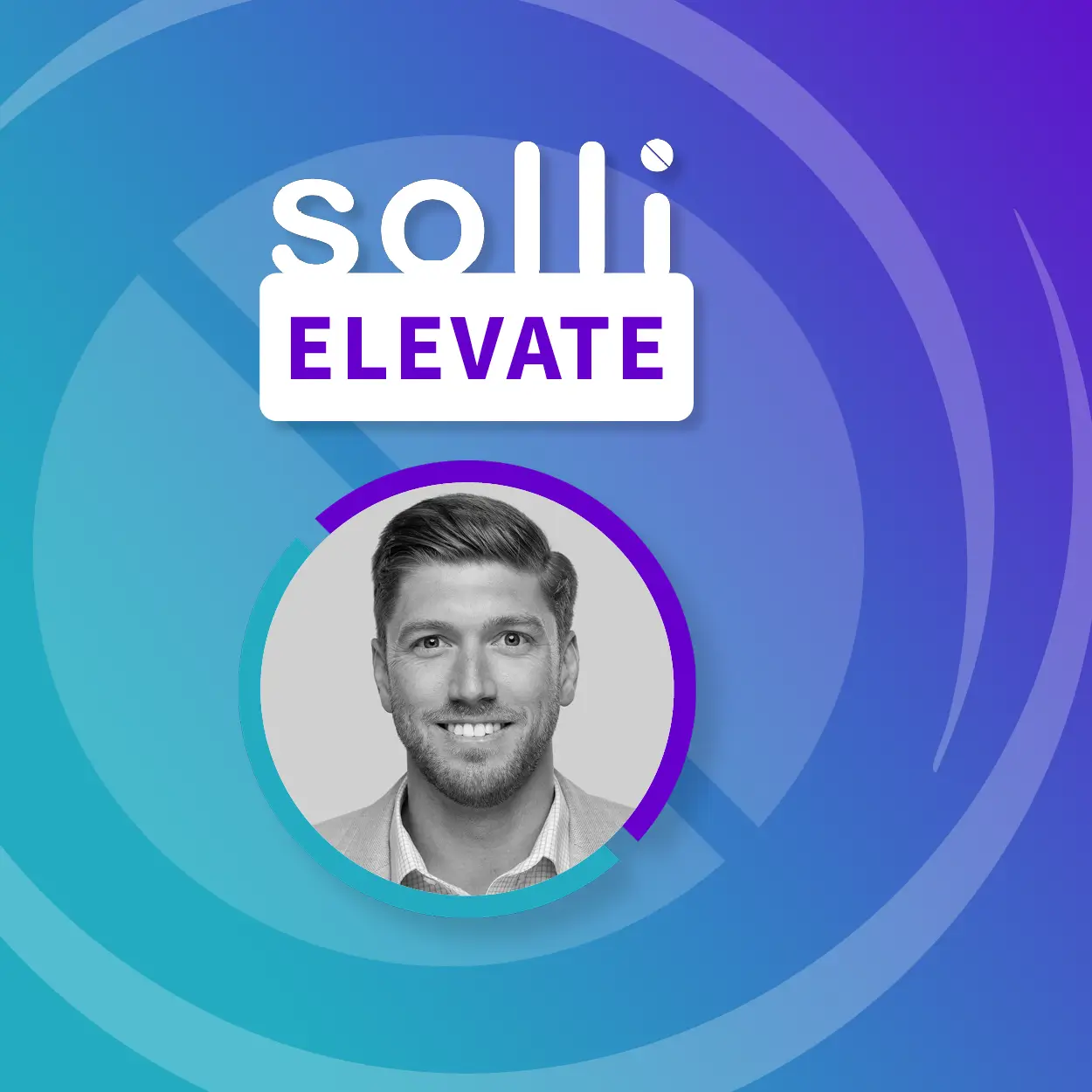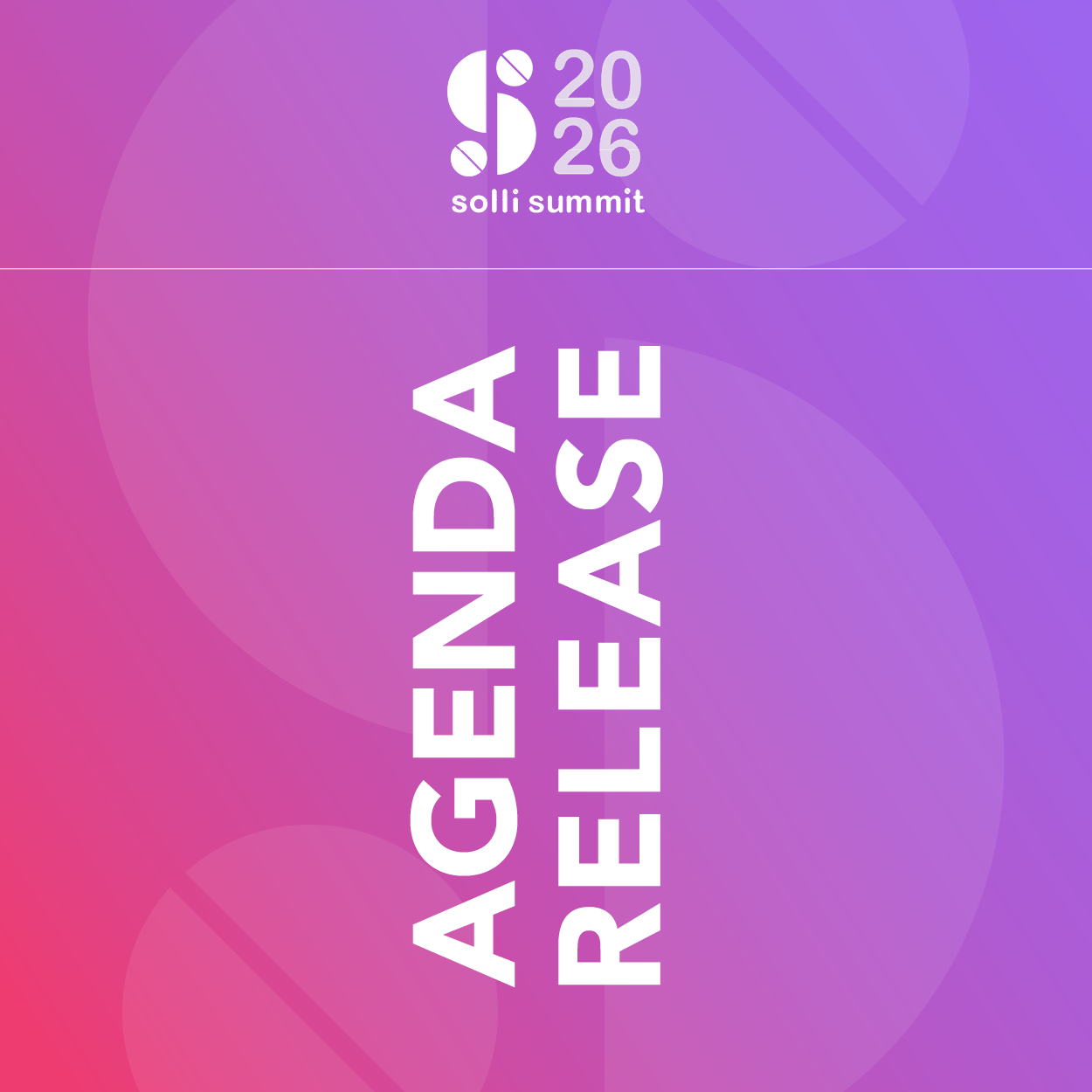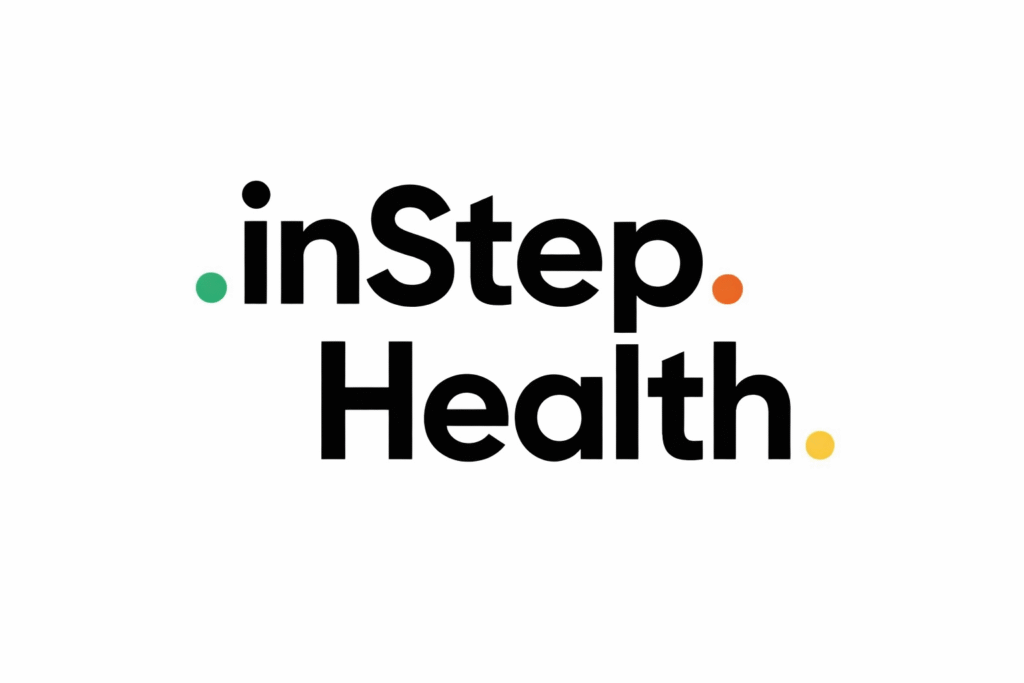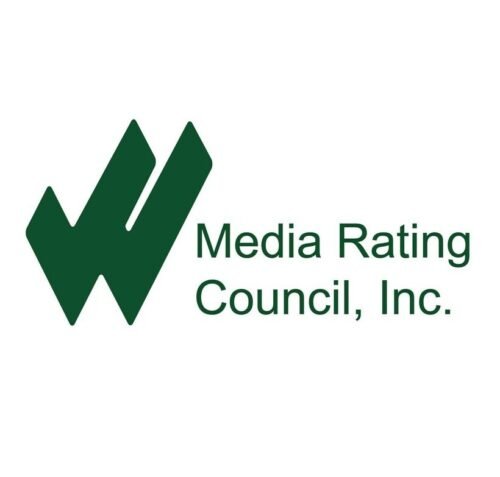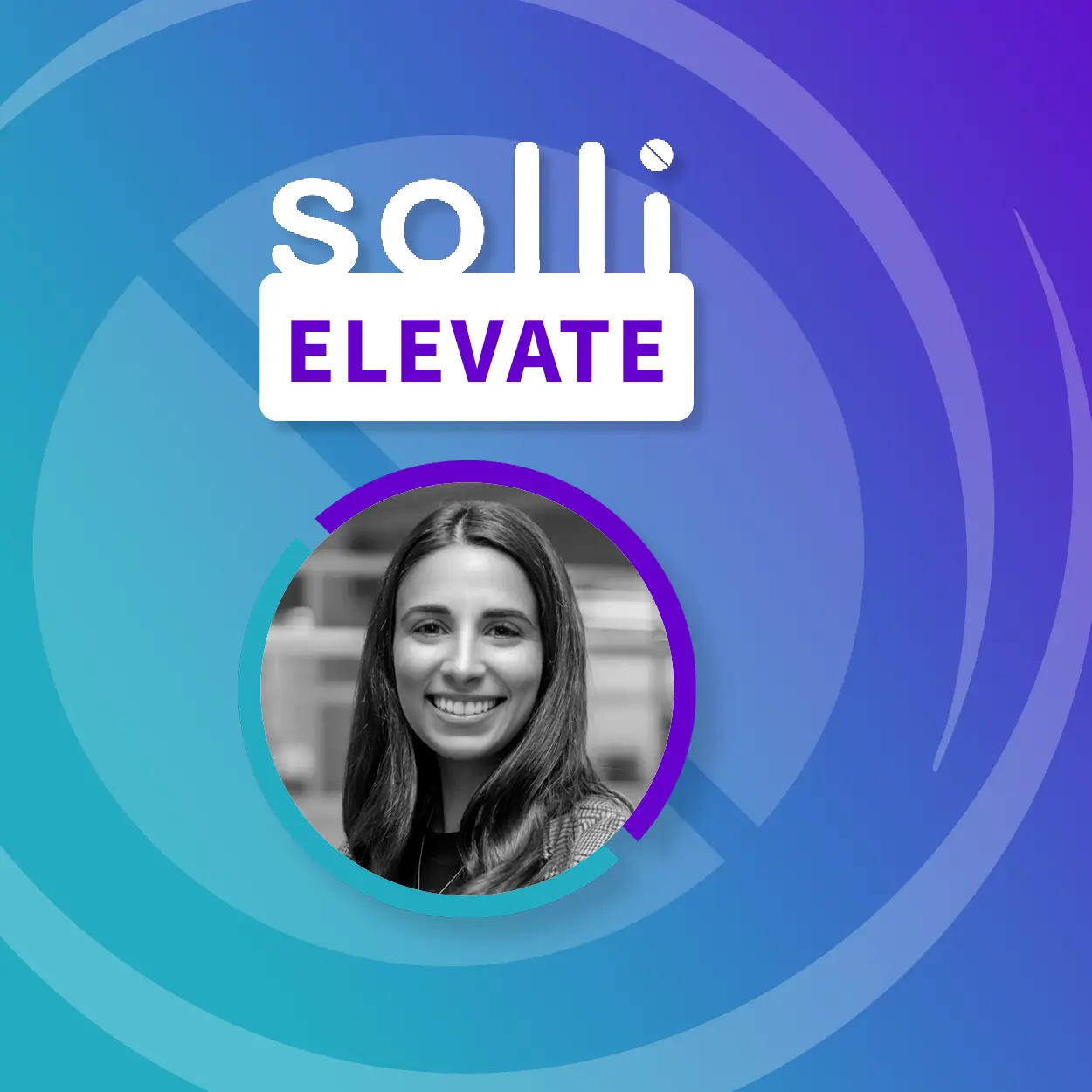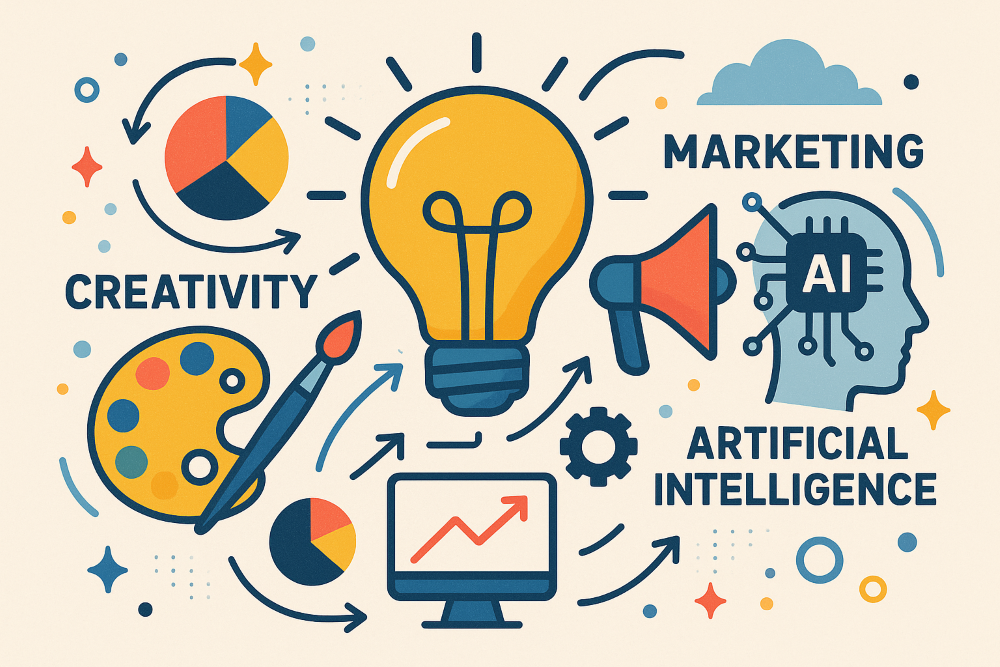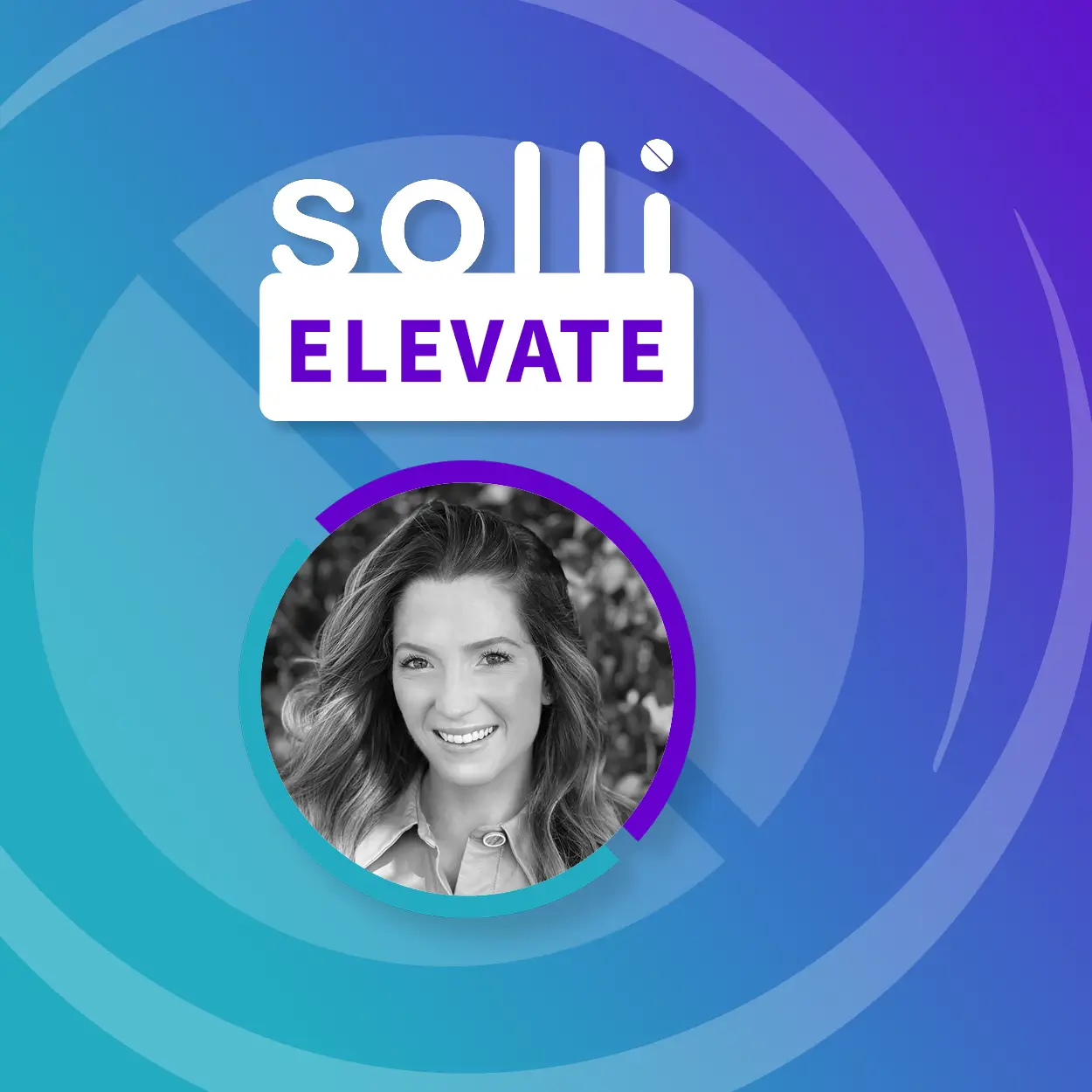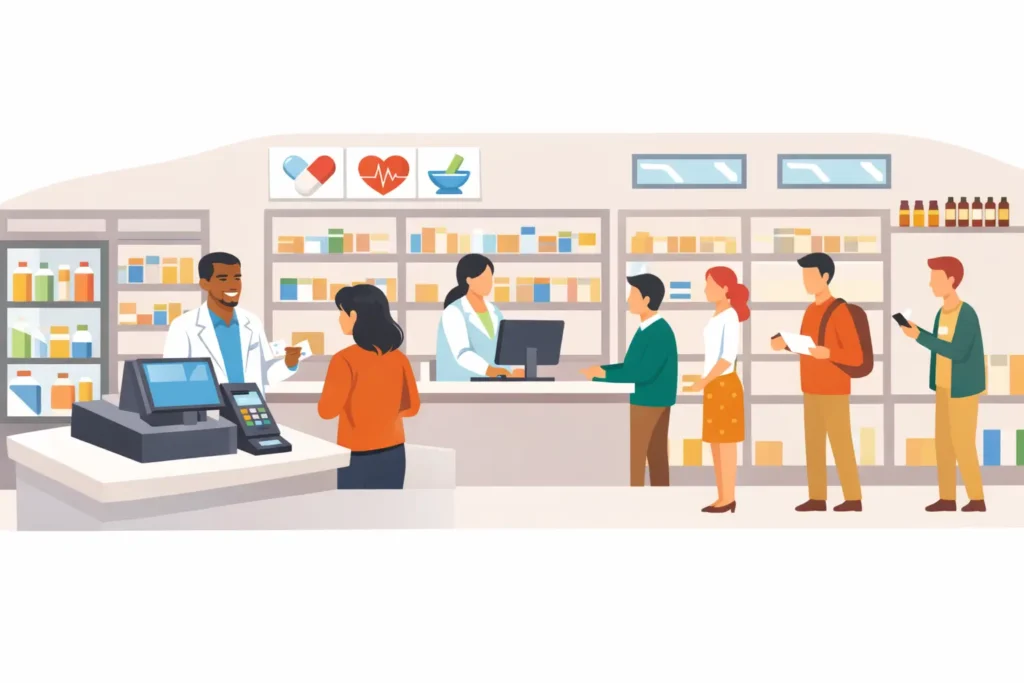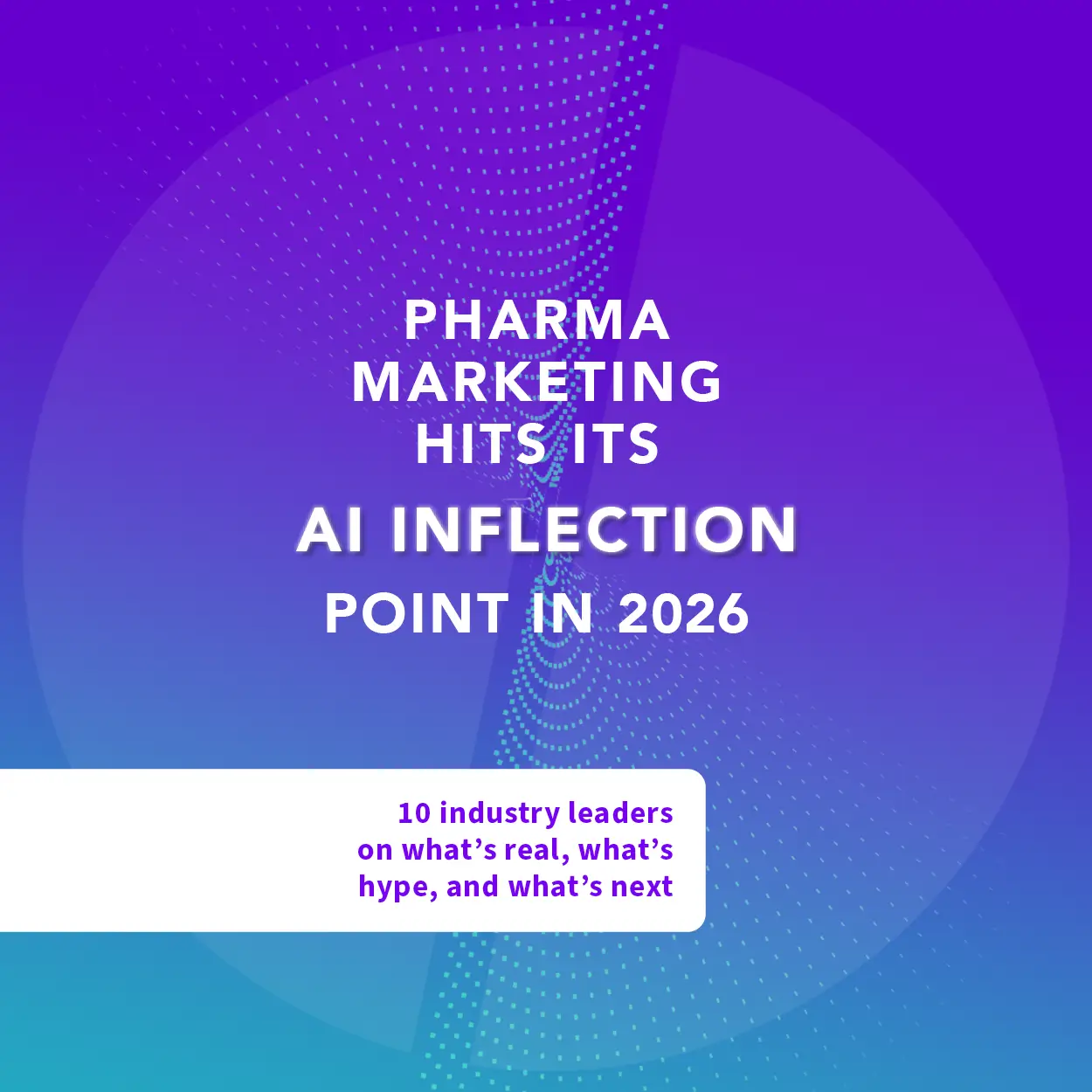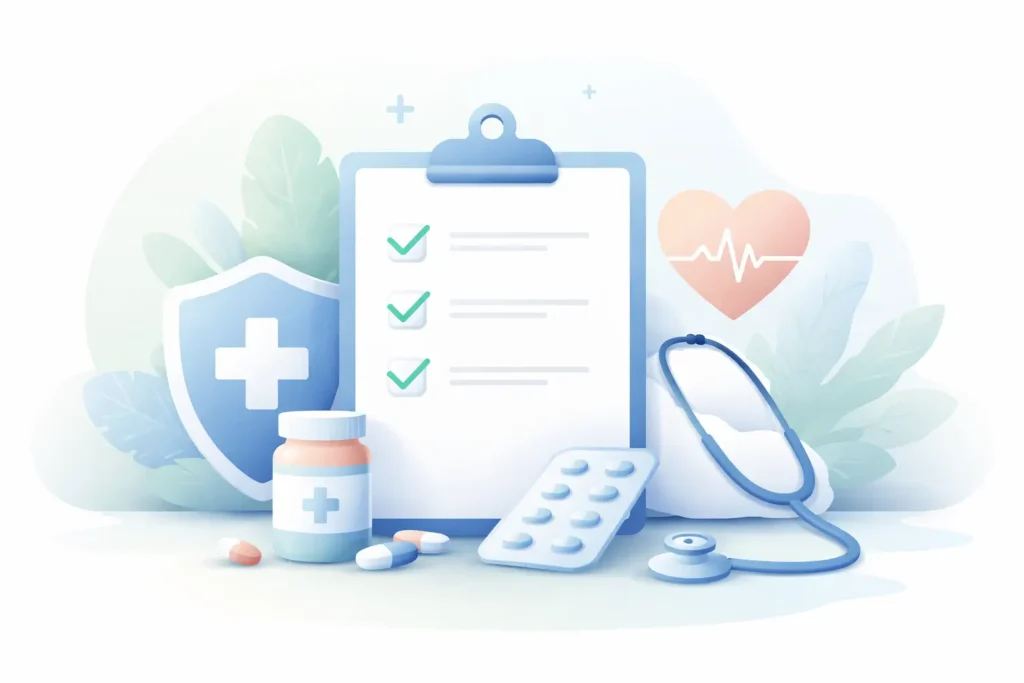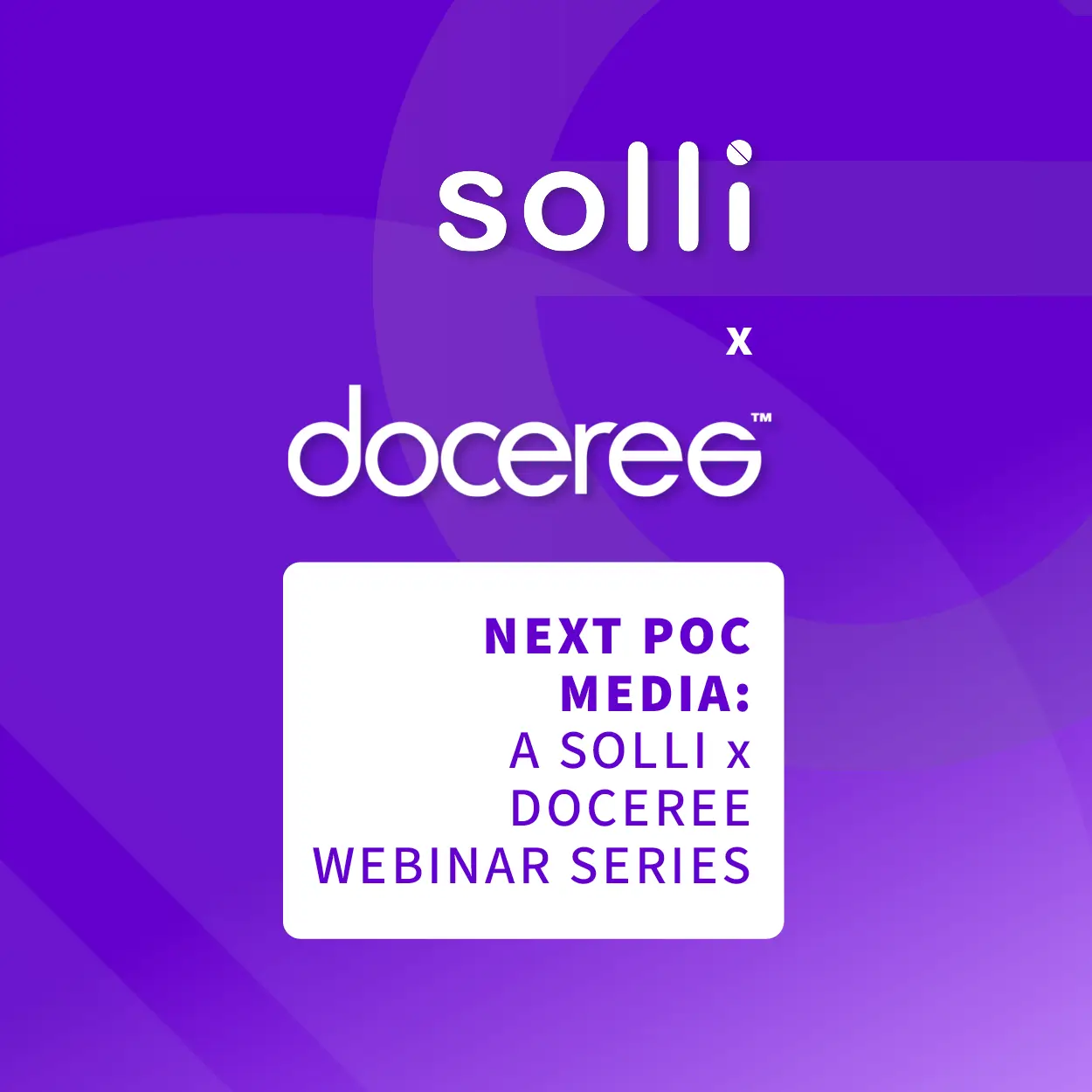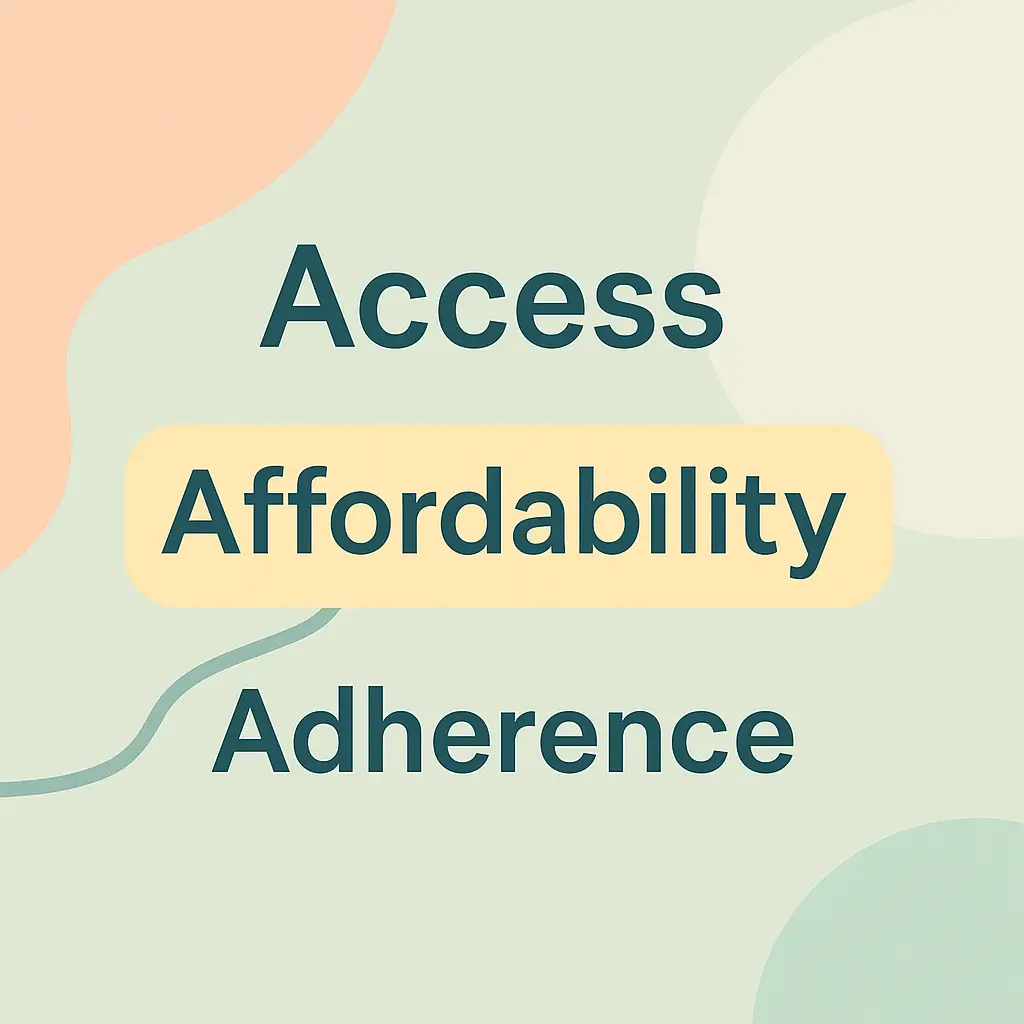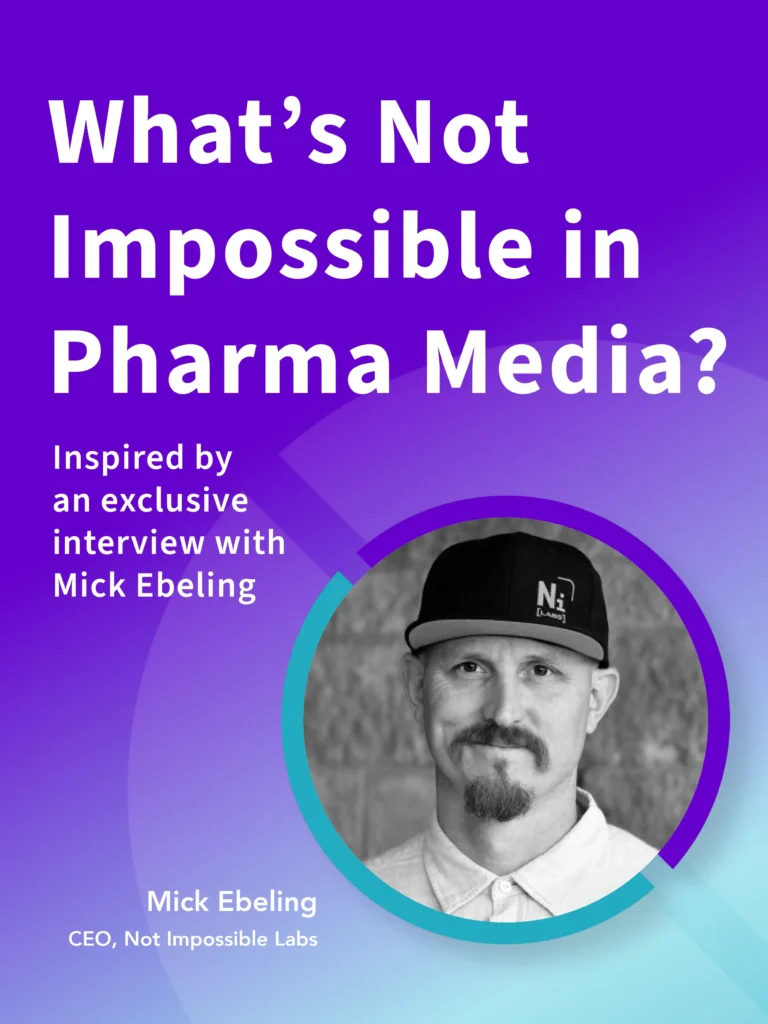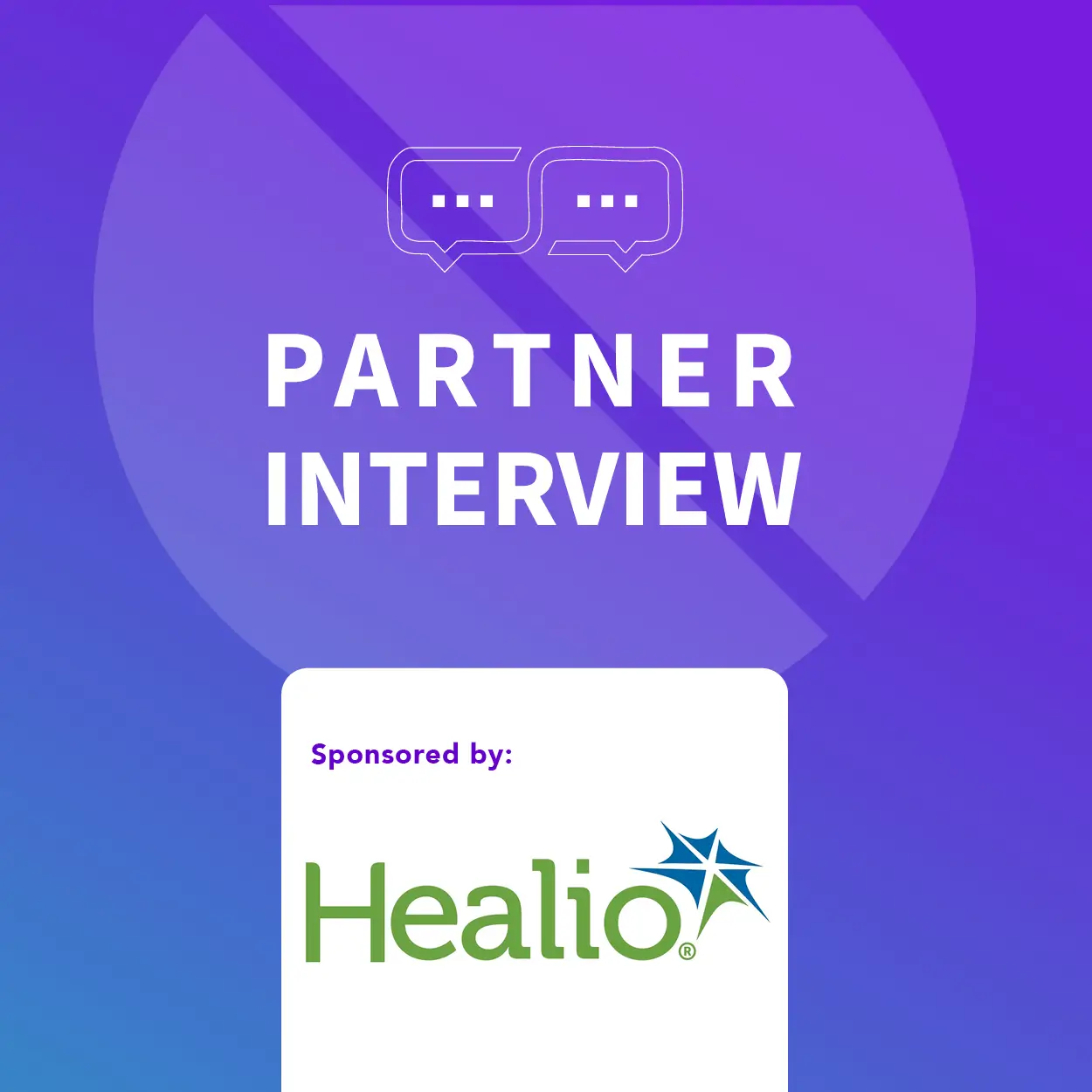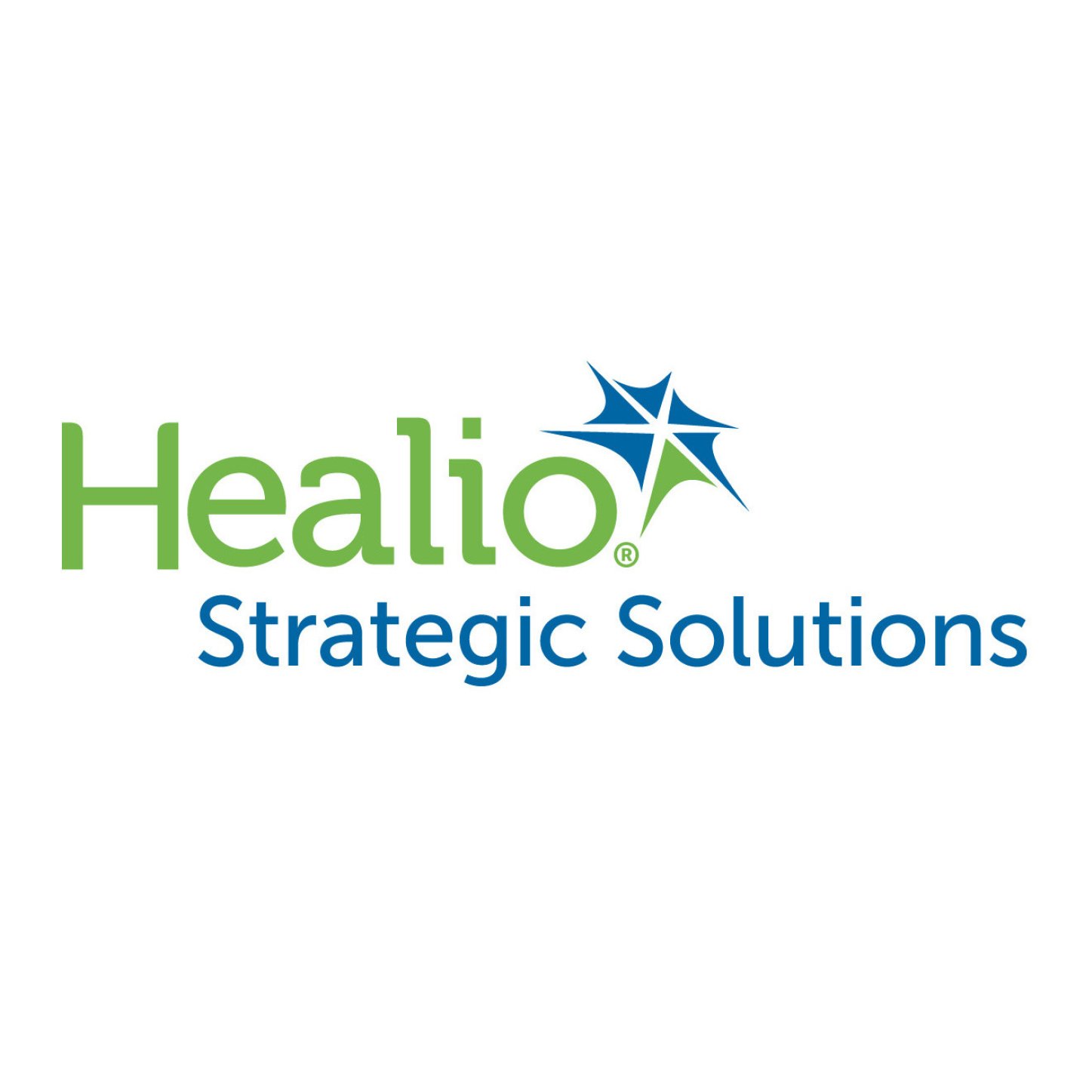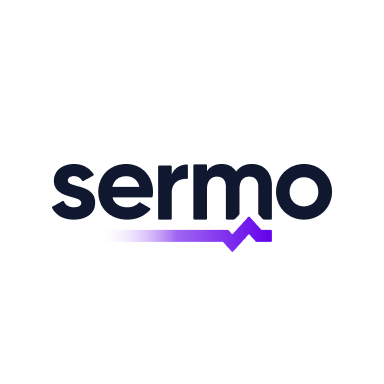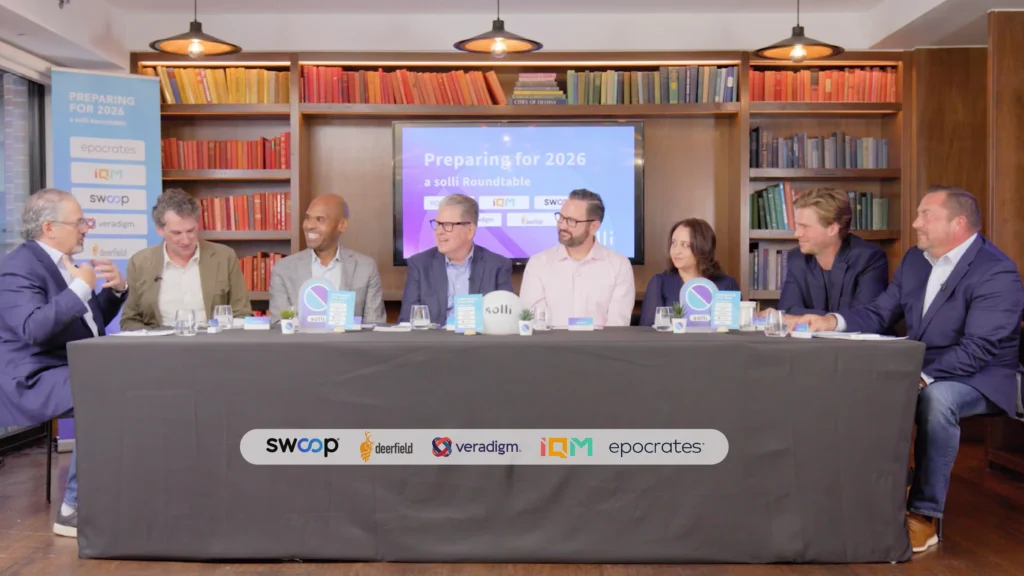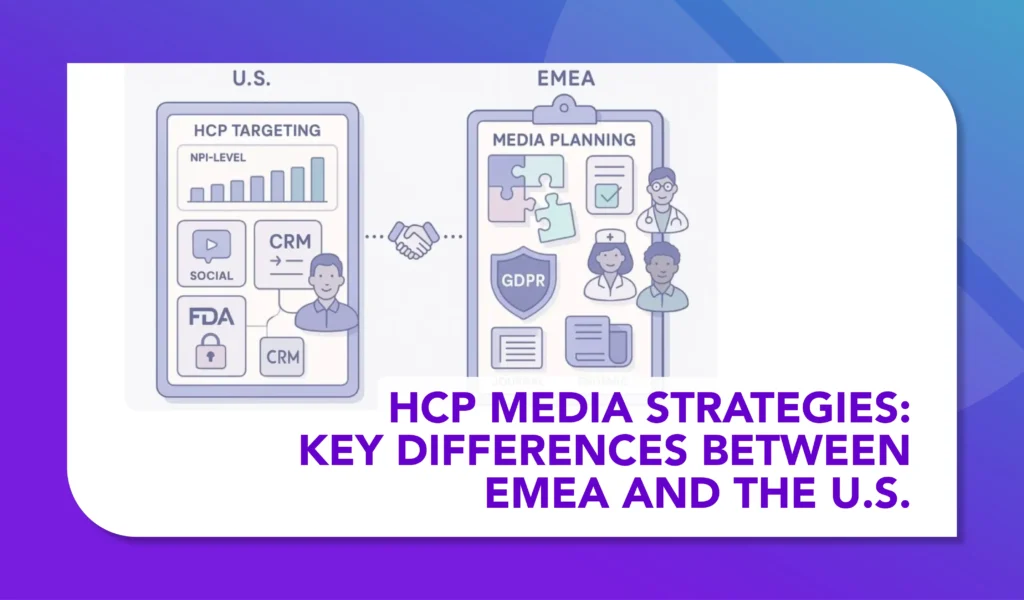Misinformation and Marginalization
What does Meta’s DEI Rollback mean for Pharma Media?

Meta’s recent decision to discontinue its diversity, equity, and inclusion (DEI) programs marks a significant pivot that reverberates across industries – including health and pharma media. While DEI initiatives are not a new concept, their absence in a company of Meta’s stature raises critical questions about the ethical and practical implications for advertisers and publishers in pharma, an industry where trust, equity, and accurate information are paramount.
The DEI Landscape and Meta’s Retreat
The dismantling of Meta’s DEI initiatives – spanning hiring practices, inclusion training, and team structures – represents more than just an operational change. For the pharma media industry, where marginalized communities often face disparities in health outcomes and access to reliable information, DEI efforts are foundational. Meta’s move away from inclusive policies suggests a shift toward prioritizing efficiency and engagement over fostering equitable representation on its platforms.
The elimination of these programs coincides with other contentious changes at Meta, such as abandoning third-party fact-checking in favor of user-curated “Community Notes.” While this strategy aims to democratize content moderation, it creates fertile ground for misinformation – a particularly troubling scenario in pharma, where accurate health communication can be a matter of life and death.
The Pharma Media Perspective: Risks and Opportunities
For pharma advertisers, Meta’s shift complicates an already challenging landscape. The following dynamics are critical:
1. Brand Safety Risks
The pharma industry is uniquely sensitive to the risks of misinformation. Advertising medications or health services alongside questionable content can erode trust – not just in the advertiser but also in the broader medical community. Meta’s reduced content moderation increases the likelihood of ads being placed adjacent to unverified health claims, pseudoscience, or harmful rhetoric.
2. Erosion of Trust in DEI and Public Health Messaging
Meta’s withdrawal from DEI initiatives sends mixed signals to pharma brands that emphasize inclusivity in their own messaging. Companies striving to address health equity may find it increasingly difficult to align with a platform whose policies appear to deprioritize diversity and accountability.
3. Engagement vs. Integrity
While Meta’s pivot may drive engagement through polarizing content, such interactions are often fuelled by misinformation and outrage – elements fundamentally at odds with the rigorous, evidence-based standards of pharma media. Advertisers must weigh short-term engagement metrics against long-term reputational risks, particularly when reaching audiences in critical therapeutic categories like oncology, cardiovascular health, or mental health.
Strategies for Pharma Media Stakeholders
As Meta’s evolving ecosystem introduces new risks and opportunities, the pharma media industry must proactively adapt to maintain trust and engagement with audiences. Below are three strategies designed to help pharma brands navigate this shifting landscape while safeguarding their reputation and impact:
1. Accelerate First-Party Data and Patient-Centric Insights
In an era where platform trust is waning, pharma advertisers can take control of their messaging by harnessing first-party data and patient insights. By accelerating the pace of direct partnerships with healthcare organizations, patient advocacy groups, or regulated data aggregators, brands can craft personalized campaigns that address real-world needs and behaviors in environments of their choosing.
2. Prioritize Collaborations with Regulated Media Platforms
Pharma brands may look to increasingly align with regulated media outlets and platforms known for their commitment to content integrity. Platforms adhering to standards like URAC or HONcode certification provide a safer, more controlled environment for health-related messaging. By partnering with such trusted publishers, pharma advertisers can ensure their content appears alongside credible, evidence-based information, reinforcing public confidence.
3. Develop Dynamic Crisis Response Frameworks
With misinformation likely to rise on Meta’s platforms, pharma brands must prepare for the unexpected. Establishing robust crisis management frameworks is essential to swiftly address misleading health claims or other risks to brand reputation. This includes assembling cross-functional response teams capable of real-time platform monitoring, deploying AI-driven tools to identify and flag harmful content, and drafting pre-approved, evidence-backed responses for various scenarios. A transparent and proactive crisis management strategy not only minimizes potential harm but also reinforces the brand’s commitment to public health and safety.
The Ethical Mandate: Why DEI Still Matters
Meta’s DEI rollback serves as a stark reminder of the ethical responsibility that rests on the shoulders of pharma media professionals. Beyond the immediate risks to brand safety and the proliferation of misinformation, the move challenges the industry to double down on its commitment to inclusivity and ethical practices in advertising.
Health outcomes hinge not only on the effectiveness of treatments but also on the accessibility, accuracy, and equity of the information surrounding them. DEI efforts are not a “nice-to-have” in this context – they are a foundational pillar for fostering trust, addressing disparities, and building meaningful connections with diverse audiences.

